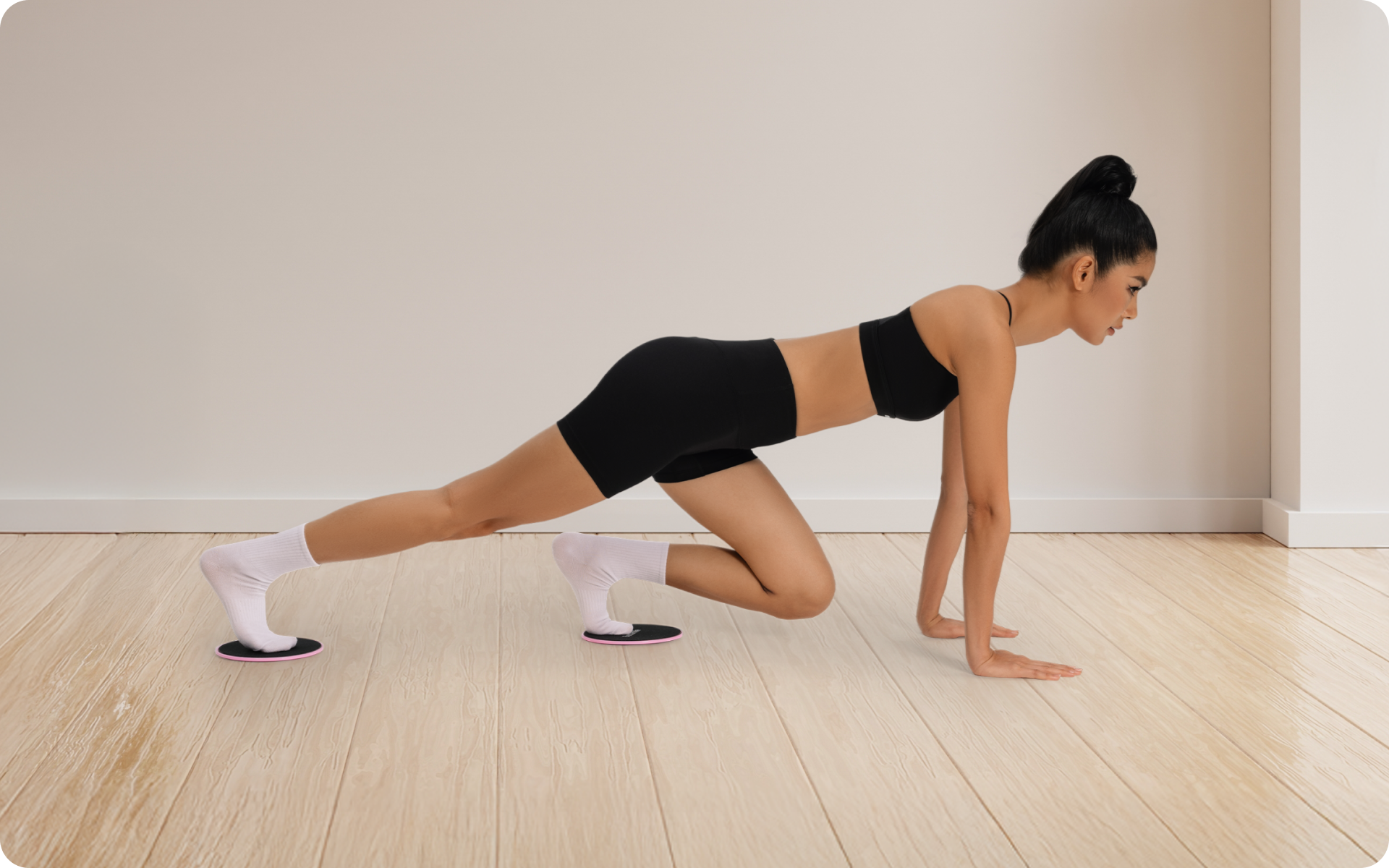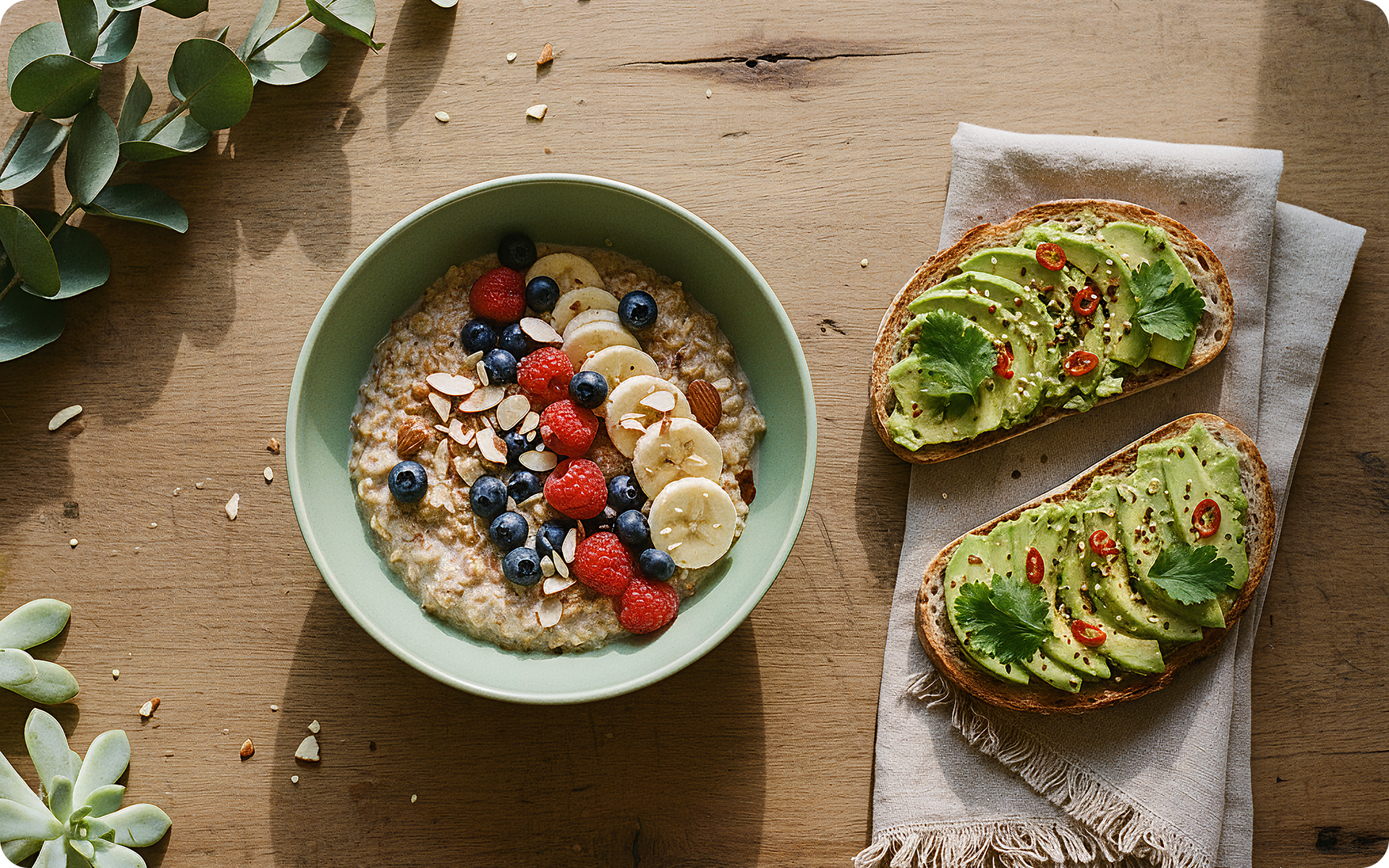Diet sodas are a popular and worldwide drink choice. The companies market the beverage as a zero-calorie and sugar-free alternative to sugary regular sodas. People choose them to help cut sugar and lose weight. But can they help you manage or lose weight? Or do they have hidden effects on body fat?
They may actually make food cravings worse. Diet sodas could also increase belly fat and lower metabolism. Here, we’ll explore the hard truth about diet soda and weight gain. You’ll learn about what happens when you drink diet sodas daily and how your body reacts to quitting them cold turkey.
Are Diet Sodas Healthy?
At first, diet sodas seem like a better choice. The drink contains no sugar and has zero calories. Many choose diet sodas when trying to lose weight.
The Benefits Of Diet Sodas Compared To Regular Soda
Here is a look at the benefits of drinking a diet soda in place of regular soda (1):
- Zero calories
- Does not raise blood sugar
- Lower risk of tooth decay
- Can help transition away from sugar-heavy drinks
The Risks Of Diet Soda
Health experts warn that drinking too much diet soda is not safe.
The main problem is the use of fake sugars instead of real sugar. These include aspartame, saccharin, and sucralose.
These artificial sugars can cause harm in several ways, such as (2):
- They can hurt digestion and upset the gut.
- They can make you crave sweet foods more often.
- They can raise your calorie intake over time, even if the soda has no sugar.
Diet sodas may help lower sugar intake, but they’re not always the best choice.
Most experts recommend limiting them and trying healthy alternatives, such as sparkling water or unsweetened teas. Water is always the best choice!
BetterMe is your fast-track ticket to long-lasting weight loss! Tailor your fitness journey and maximize your results with just a couple of swipes!
Do Diet Sodas Cause Weight Gain?
The jury is still out on this one. While diet sodas have no sugar or calories, science still shows a connection between artificial sweeteners and weight gain in some people (3).
- Mental effect: People may believe that drinking a diet soda justifies eating higher-calorie foods later.
- Biological effect: Sweeteners can alter hunger hormones and metabolism.
- Mood effect: Depending on diet, some people are prevented from making lasting, needed dietary changes.
Read more: High-Protein Weekly Meal Plan: A Template For Strong Muscles
Does Diet Soda Cause Belly Fat?
Research tells us that sweeteners used in diet soda can increase belly fat.
But they can also increase fat in other areas of the body (4). The buildup doesn’t happen overnight.
The long-term use of diet sodas may lead to greater belly fat weight gain.
An older study found that it had a more significant impact on the aging population.
Experts found a link between older adults and diet soda intake. They showed a larger long-term waist circumference change over time (5).
Health experts still study the impact of diet sodas. Other studies, like one from 2023, showed that drinking diet sodas versus water in a weight loss program was equally effective in losing weight. The data showed that drinking either water or diet soda is better for weight loss than sugary drinks (6).
Many wonder, “If I stop drinking diet soda will I lose belly fat?” Overall, diet sodas are not one of the foods to cut out to lose weight.
Bottom line: Research links excess belly fat and other health issues to diet soda over-consumption. However, the links warrant further research to understand the long-term impact of drinking diet sodas.
Research On Diet Soda And Weight Gain
It’s best to understand the connection between diet soda and weight gain. Experts do this by looking at both short-term and long-term studies.
Short-Term Studies
The short-term trial studies show that diet sodas are harmless. Some may even lose weight. That’s because they’re cutting hundreds of calories compared to drinking regular sodas.
Long-Term Studies
The data changes over the years. Earlier studies show a direct link between excess body fat and weight gain. More recent studies are shifting some to state that it may not be as harmful as initially thought.
For example:
- A 2015 study in the Journal of the American Geriatrics Society examined the impact of drinking diet soda on older adults. They found that the daily intake of diet soda causes weight gain.
- A 2022 study review showed a slight improvement in body weight when drinking diet sodas. They saw it as a harmless substitute for water. It may also lower your risk for diabetes (7).
Why The Difference?
Short-term studies are likely to look only at calories. Long-term studies will capture the mental and physical effects of the diet sodas.
Effects like:
- Habits
- Craving cycles
- Chronic conditions
- Hormone changes
- Blood sugar and cholesterol levels
Diet sodas can help reduce calories, but over time, they may lead to belly fat and weight gain. It’s best to consult your doctor for personalized advice.
What Happens To Your Body When You Drink Diet Sodas Long Term Daily?
The occasional diet soda isn’t a big deal, whether at the movies or a birthday party. But daily consumption over months and years may negatively impact your body.
Long-Term Effects
- Hormone changes: Artificial sweeteners can alter insulin levels and sensitivity.
- Gut bacteria shifts: Sweeteners like sucralose alter gut bacteria. That may impact digestion and weight management.
- Dental erosion: The acid in diet sodas damages tooth enamel.
- Dehydration risk: The caffeine in diet sodas may increase your urine production (8). This increased urination may lead to dehydration if you’re not also drinking water and replacing lost fluids.
When it comes to weight loss, progress is made by inches, not miles, so it’s much harder to track and a lot easier to give up. The BetterMe: Health Coaching app is your personal trainer, nutritionist, and support system all in one. Start using our app to stay on track and hold yourself accountable!
Symptoms Of Drinking Too Much Diet Soda
- Bloating and puffiness
- Headaches
- Fatigue
- Food cravings
- Poor sleep
- Increased appetite
Poor sleep and increased appetite only further increase your risk for diet soda and weight gain, especially around the belly.
What Happens To Your Body When You Stop Drinking Diet Soda?
Quitting may be challenging. Habits are hard to break, but the benefits are quick and long-lasting.
Short-Term Effects
- Less bloating and puffiness in the face and belly
- Fewer cravings for unhealthy sweets and salty foods within the first 2 weeks.
- Headaches lessen and fade away quickly.
Long-Term Effects
- Lower risk of obesity and chronic health conditions
- Feeling better due to better sleep and staying hydrated
- More stable blood sugar and energy levels
If I Stop Drinking Diet Soda, Will I Lose Belly Fat?
It’s possible, but weight loss isn’t solely about what you drink. It also depends on the number of calories you consume from both food and beverages.
Your activity level and the calories you burn during exercise are important factors as well. Simply quitting diet soda won’t lead to immediate belly fat loss.
To enhance your weight loss efforts, consider reducing your diet soda intake and eliminating high-calorie foods like fried items and baked goods.
Also, try to stay as active as possible to help maintain a healthy calorie balance. This approach can help you lose belly fat over time.
Will I Lose Weight If I Stop Drinking Diet Soda?
The answer is yes for many. The calories saved may not be significant, but the indirect effects are powerful:
- Less bloating: flatter stomach
- Less cravings: fewer snack binges
- More water intake: feeling energized
- Better metabolism: easier fat burning
How To Stop Drinking Diet Sodas?
Breaking the habit is no easy feat. It requires intention. Diet sodas are often addictive.
People love the fizz, sweetness, and caffeine.
Steps To Success
- Use a tracker: Keep track of how many diet sodas you drink daily.
- Cut back slowly: Start by reducing 1-2 cans per week.
- Swap smartly: Try flavored sparkling water, healthy soda alternatives (ie, Olipop brand), or unsweet tea to keep the flavor.
- Change routines: Start a new habit of eating lunch with water instead of a diet soda.
- Stay consistent: Don’t give up because habits take time to rewrite.
Other Helpful Tips For Quitting Diet Sodas
- Try mixing a half soda with sparkling water.
- Buy the mini-cans instead of larger cans and bottles.
- Always keep water on hand at your desk or in the car.
- Try using an insulated travel cup to keep water ice cold and refreshing for longer.
What Are Some Healthy Diet Sodas Alternatives?
Best Drink Swaps For Diet Sodas
- Sparkling water with fruit slices
- Infused water with cucumber or mint
- Herbal teas
- Kombucha
- Unsweetened tea
Making these swaps ensures you always have healthy alternatives to soda available. It prevents relapse.
Read more: What Is A Simple Easy Plant-Based Meal Plan For Beginners?
What Is The Difference Between Diet Coke And Coke Zero?
Many people are curious about the difference between Diet Coke vs Coke Zero.
They both contain caffeine and are calorie-free. The difference comes down to taste alone.
Diet Coke uses the artificial sweetener, aspartame, alone for sweetness. Coke Zero uses a mix of aspartame and acesulfame potassium, leading to a slightly different taste (9). Coke Zero also has slightly less caffeine. Both are artificially sweetened diet sodas.
Zero-sugar drinks have no calories, so they don’t directly lead to weight gain. However, they can indirectly contribute to it in several ways. These drinks may increase your food cravings, alter your gut bacteria, and lead to overeating. Yes. The carbonation in diet sodas can lead to puffiness, as it causes gas buildup. Sodium and artificial sweeteners may also cause the face to appear puffy. You may notice a leaner face when quitting diet sodas. Experts aren’t clear how many diet sodas a day are “safe”. However, studies agree that drinking more than 2 per day over long periods of time is where you’re more likely to see health impacts (10). It’s best to speak with your doctor for personalized advice.Frequently Asked Questions
Do zero-sugar drinks cause weight gain?
Does diet soda make your face puffy?
How many diet sodas a day is safe?
The Bottom Line
So, what are the effects of diet sodas on weight gain? Research tells us that even without packing in the calories, science can link diet soda to weight gain, belly fat, and sugar cravings. Drinking too much and abusing the diet drink can also have other health side effects, like bloating. Drinking diet sodas in place of water may not provide good hydration.
Does diet soda cause belly fat? The evidence suggests yes, especially over time. You may lose belly fat if you stop drinking diet sodas. But the best way to ensure you get the best results is to pair it with a healthy diet and exercise. Ready to cut back on diet sodas? Start small today and swap just one can for sparkling water or tea and see how your body feels.
DISCLAIMER:
This article is intended for general informational purposes only and does not serve to address individual circumstances. It is not a substitute for professional advice or help and should not be relied on for making any kind of decision-making. Any action taken as a direct or indirect result of the information in this article is entirely at your own risk and is your sole responsibility.
BetterMe, its content staff, and its medical advisors accept no responsibility for inaccuracies, errors, misstatements, inconsistencies, or omissions and specifically disclaim any liability, loss or risk, personal, professional or otherwise, which may be incurred as a consequence, directly or indirectly, of the use and/or application of any content.
You should always seek the advice of your physician or other qualified health provider with any questions you may have regarding a medical condition or your specific situation. Never disregard professional medical advice or delay seeking it because of BetterMe content. If you suspect or think you may have a medical emergency, call your doctor.
SOURCES:
- I Drink Diet Soda Every Day. Can This Be Harmful? (2024, mayoclinic.org)
- Is Diet Soda Bad For You? (2023, health.clevelandclinic.org)
- Long-term Aspartame and Saccharin Intakes are Related to Greater Volumes of Visceral, Intermuscular, and Subcutaneous Adipose Tissue: The CARDIA Study (2023, nature.com)
- The Effect of Aspartame and Sucralose Intake on Body Weight Measures and Blood Metabolites: Role of their Form (Solid and/or Liquid) of Ingestion (2021, pmc.ncbi.nlm.nih.gov)
- Diet Soda Intake is Associated with Long-Term Increases in Waist Circumference in a Bi-Ethnic Cohort of Older Adults: The San Antonio Longitudinal Study of Aging (2015, pmc.ncbi.nlm.nih.gov)
- Non-Nutritive Sweetened Beverages Versus Water After a 52-Week Weight Management Programme: A Randomized Controlled Trial (2024, nature.com)
- Association of Low- and No-Calorie Sweetened Beverages as a Replacement for Sugar-Sweetened Beverages With Body Weight and Cardiometabolic Risk: A Systematic Review and Meta-analysis (2022, pubmed.ncbi.nlm.nih.gov)
- Do Caffeinated Drinks, Such as Coffee or Energy Drinks, Hydrate You As Well as Water? (2025, mayoclinic.org)
- What’s the Difference Between Diet Coke and Coke Zero (2025, usatoday.com)
- A Possible Link Between Diet Beverages and Stroke (2019, uclahealth.org)














